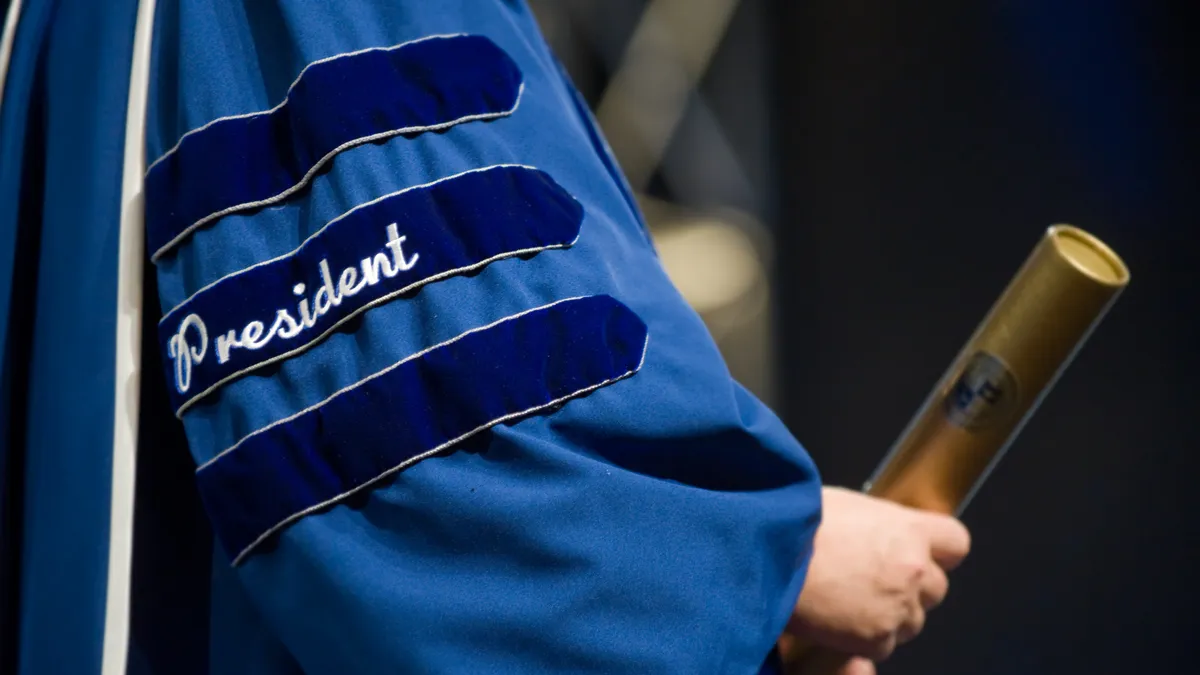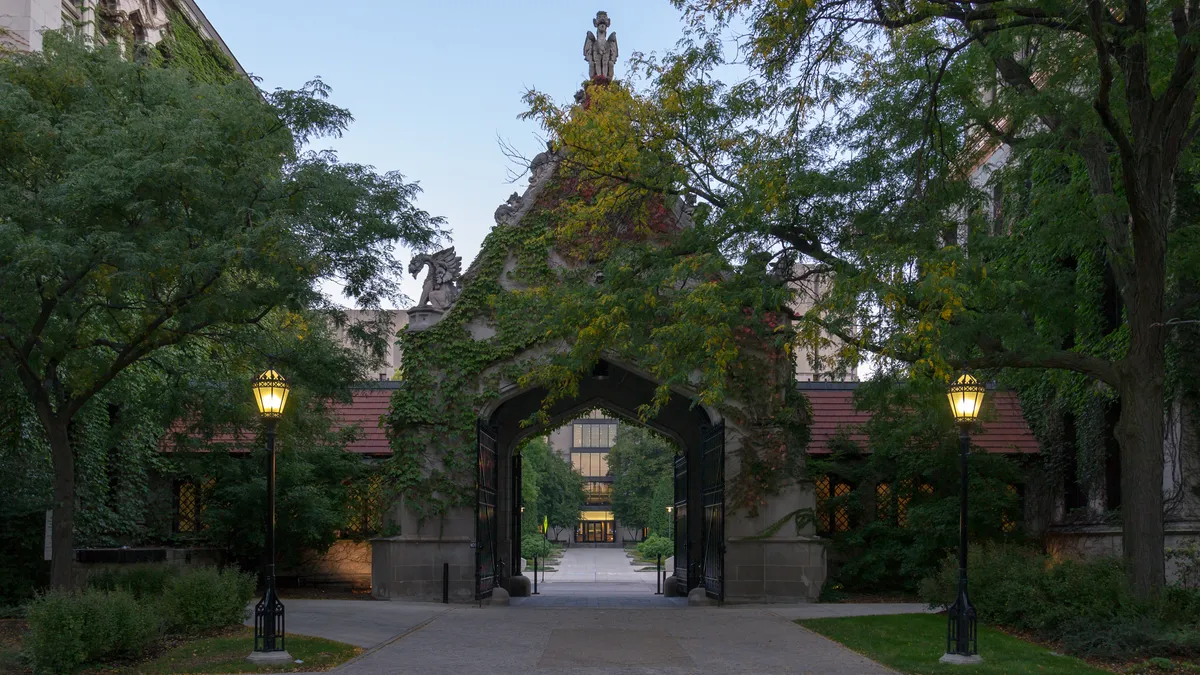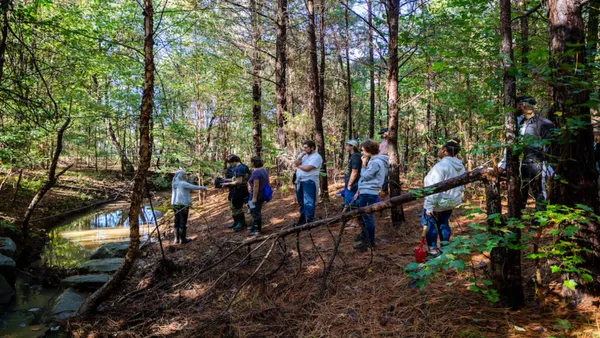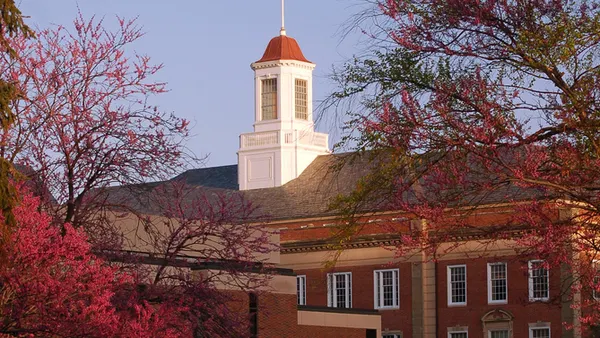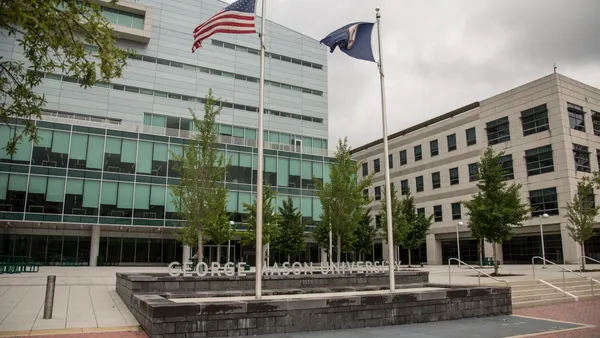Dive Brief:
- Trustworthiness, resilience, and effective and authentic communication topped a list of most important skills needed in a college president, according to a survey of those who already hold the job by executive search firm Academic Search.
- Among the over 700 college presidents surveyed, over 90% listed those qualities as “very relevant” to the job, with “behaves in a way that is trustworthy, consistent, and accountable” cited the most frequently at 96%.
- Listening to and understanding stakeholder concerns was also highly cited. Some 84% of respondents ranked that as very relevant, along with gathering and using data, also named by 80% as very relevant.
Dive Insight:
Driving the search for key skills, in part, is the ever-shifting demands on college presidents.
“In the aftermath of the pandemic, presidents face intensified political polarization, campus unrest, demographic changes, and continued financial constraints,” wrote the report’s authors, Jorge Burmicky, professor at Howard University, and Kevin McClure, professor at the University of North Carolina Wilmington.
“What it takes to be an effective college president evolves in concert with the context, meaning presidential competencies are not a fixed checklist but rather a constellation of skills whose salience rises and falls,” they wrote.
The authors outlined seven key competencies for the college presidency:
- Trust-building.
- Demonstrating resilience.
- Communication savvy.
- Crafting a cabinet and team building.
- Emotional intelligence.
- Leading with courage.
- Data acumen and resource management.
Many of those skills relate to how presidents interact with their teams and the broader constituencies of a college campus.
For example, focus group participants categorized building trust as a matter of “bringing internal stakeholders into decision-making processes, minimizing surprises, supporting shared governance, and showing consistency through alignment of actions with personal and institutional values,” the report authors noted.
Resilience, often thought of as mental toughness, is also a social quality, according to the authors' framing. Focus group participants said “resilience is a product of leaning on their teams and networks of friends, family, mentors, and faith communities,” the report said. “In other words, resilience was not a solo project, but rather a product of relationships.”
Academic Search landed on the list of core competencies through a survey of 713 college presidents and four focus groups of more than a dozen college leaders each.
Amid the many challenges, turnover at the president level remains a growing problem. The years of experience of those in the job has been declining steadily for nearly two decades, and 55% of surveyed presidents say they planned to step down in the next five years, according to the American Council on Education’s latest college president report.


